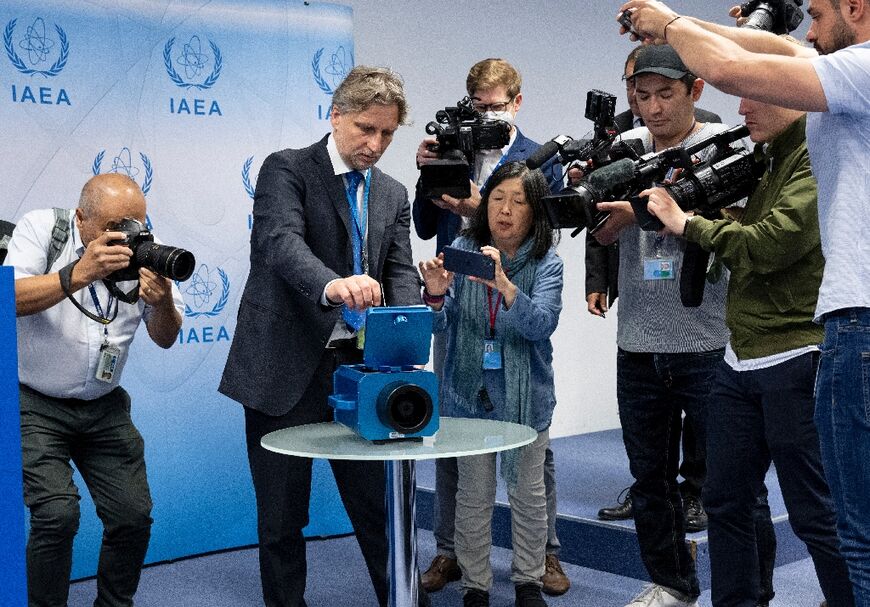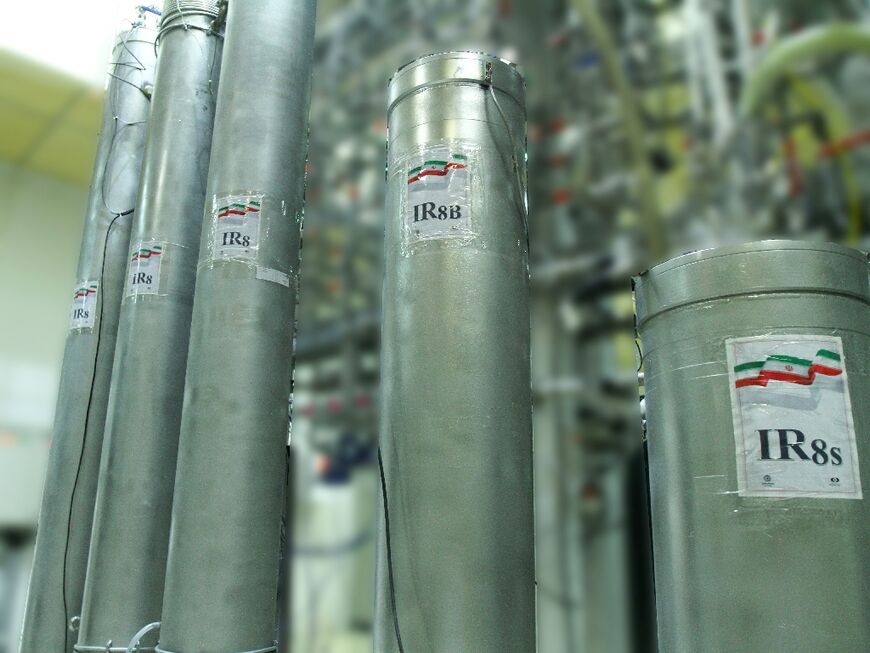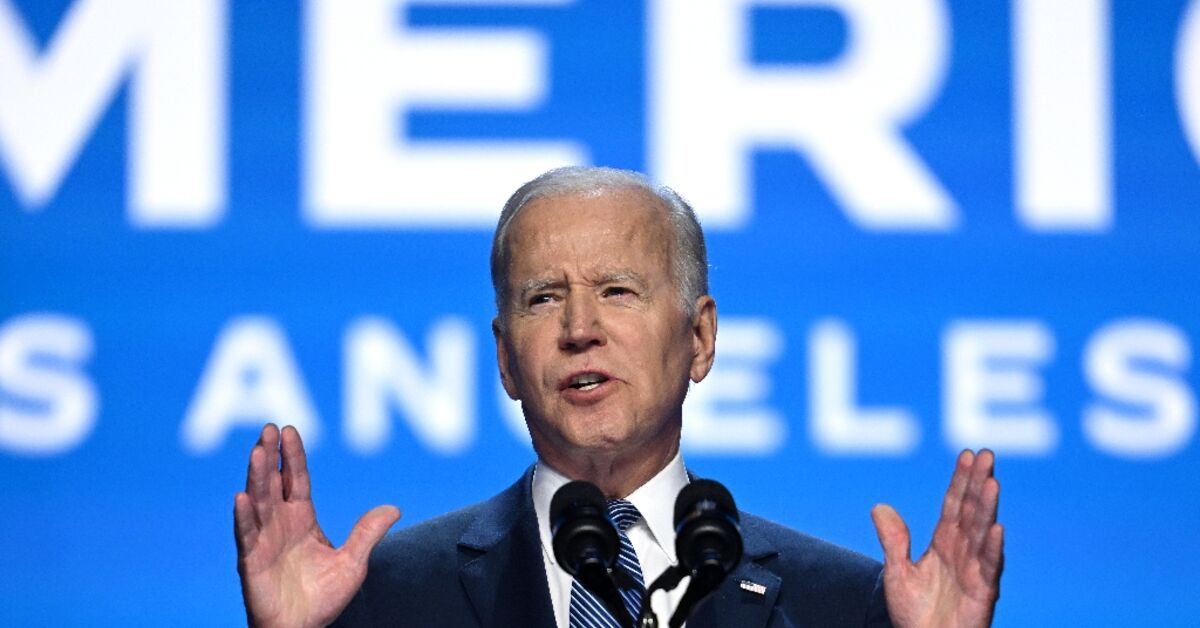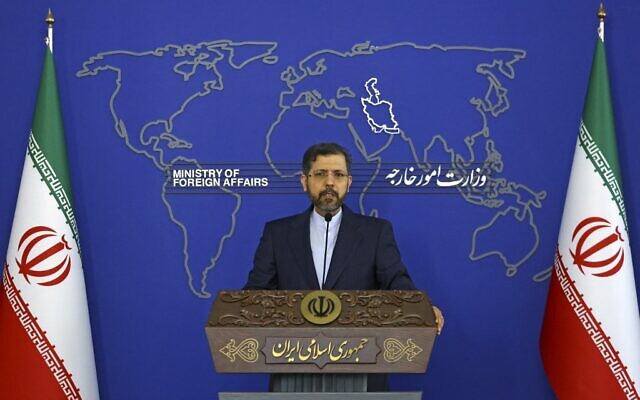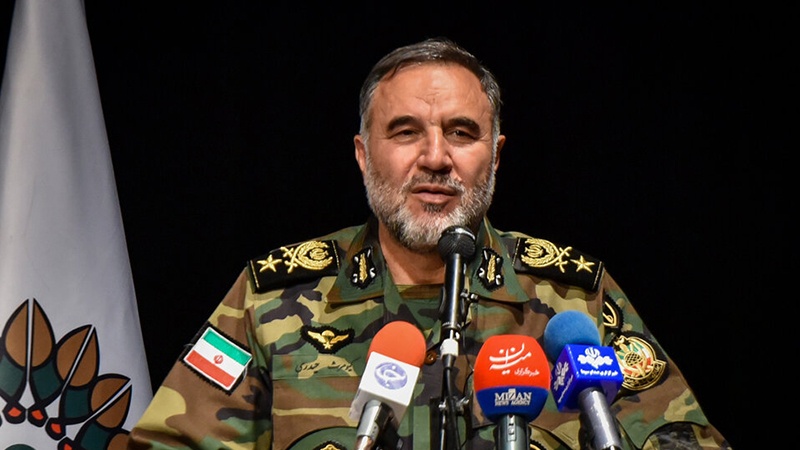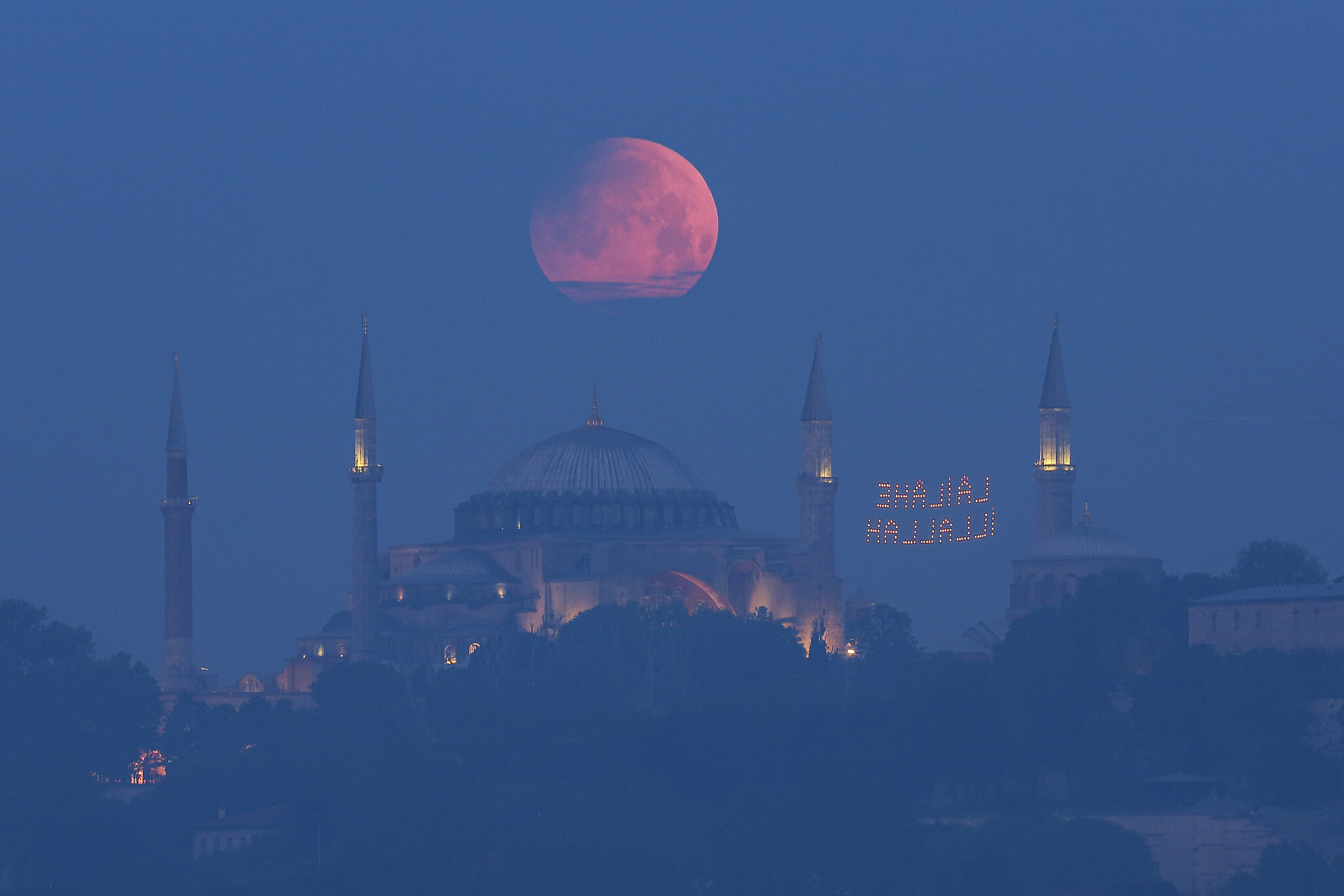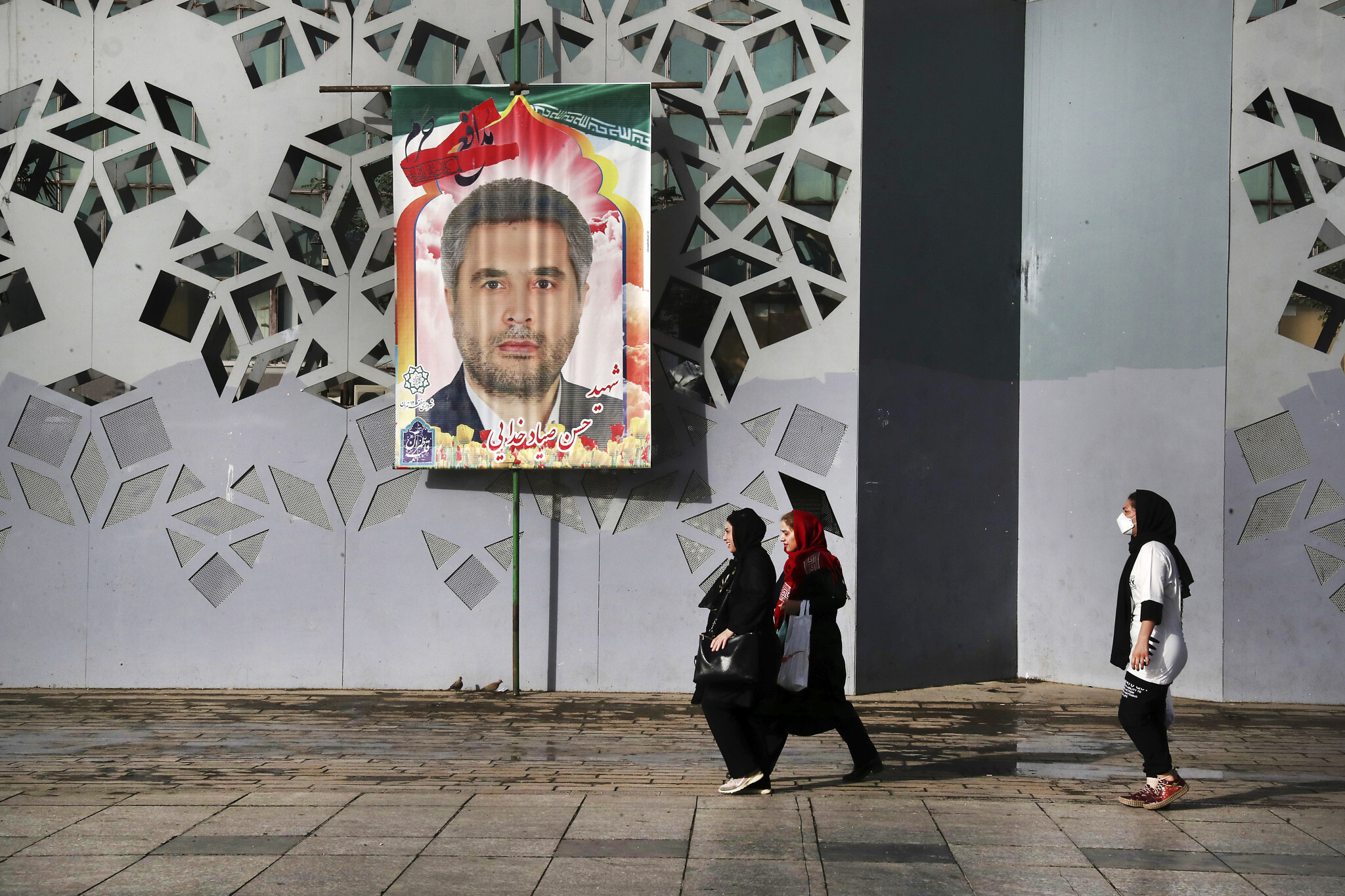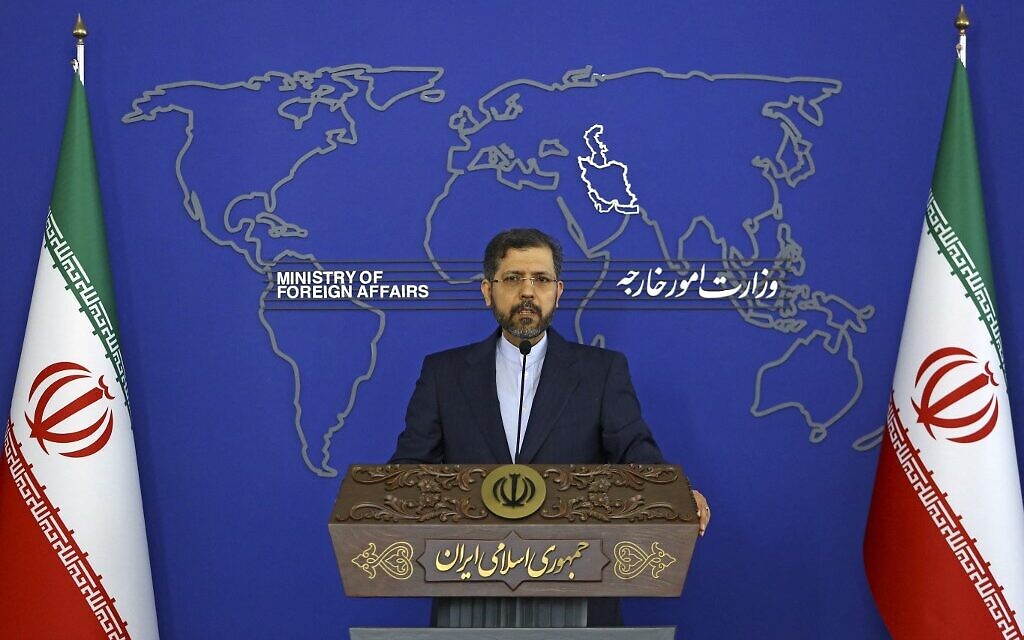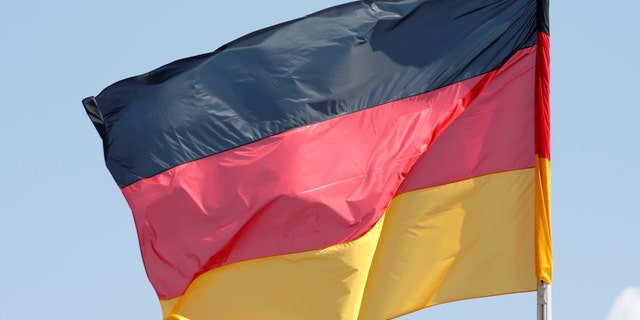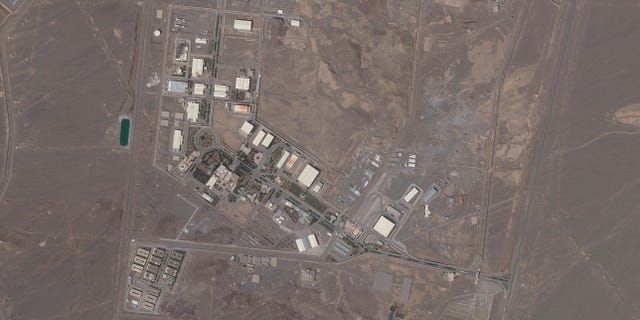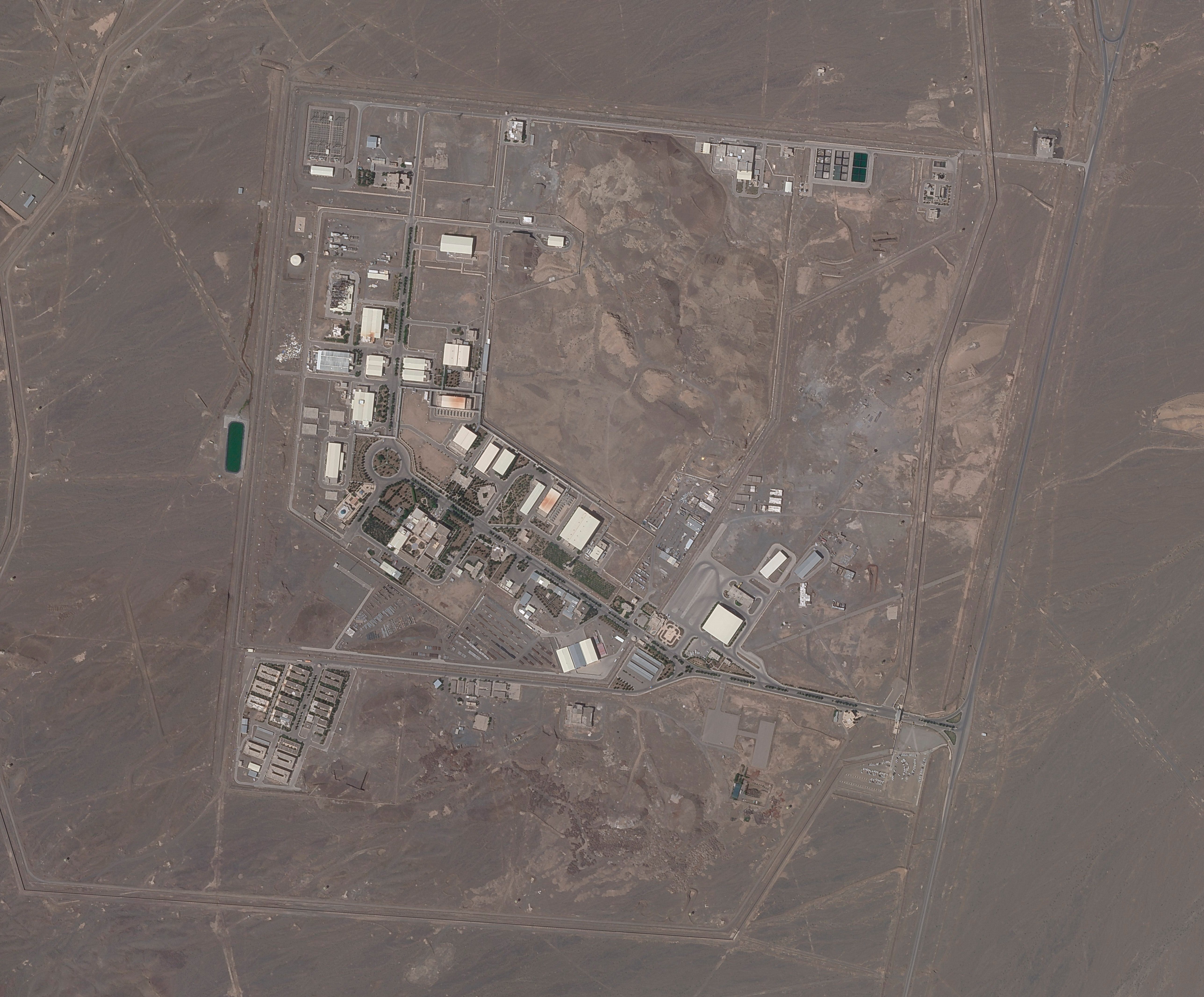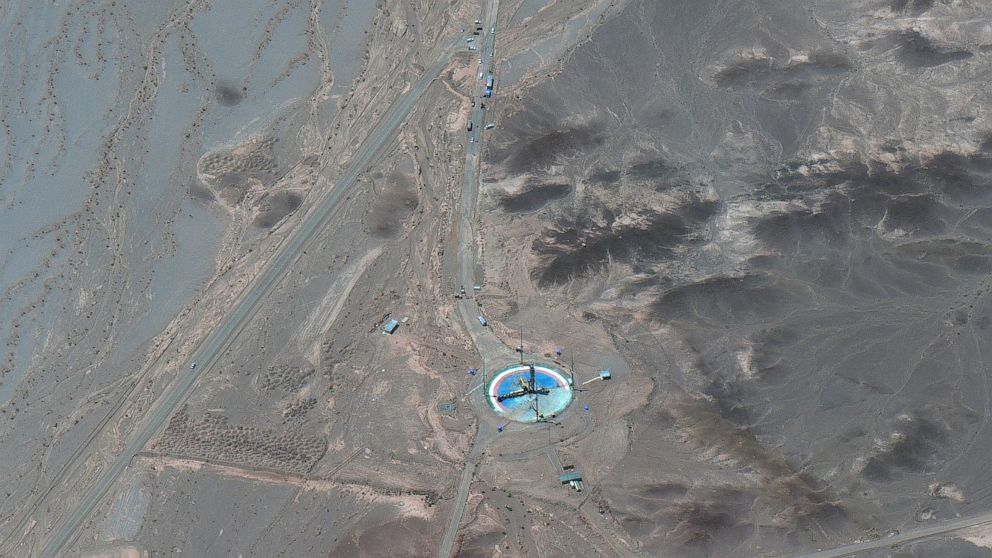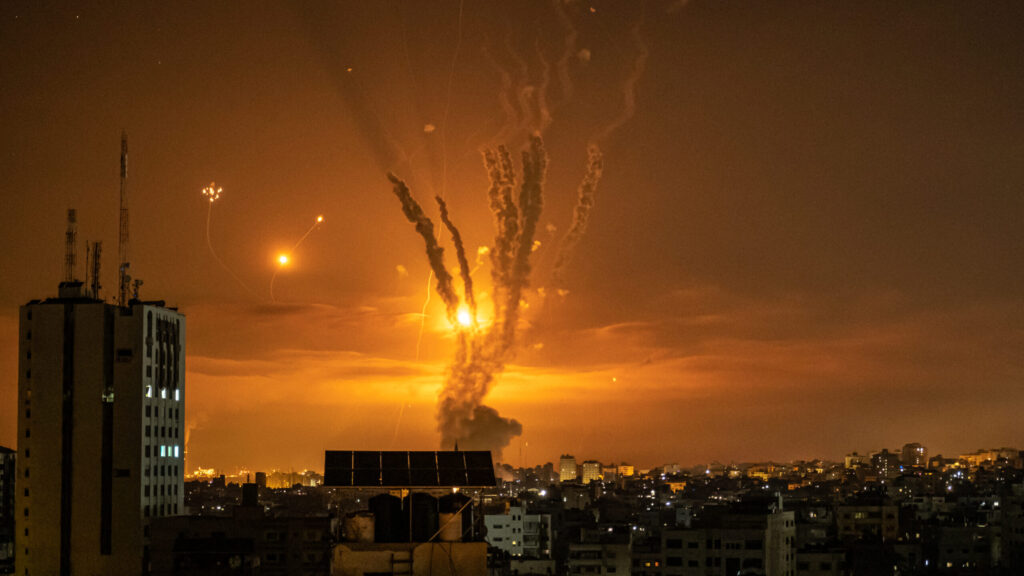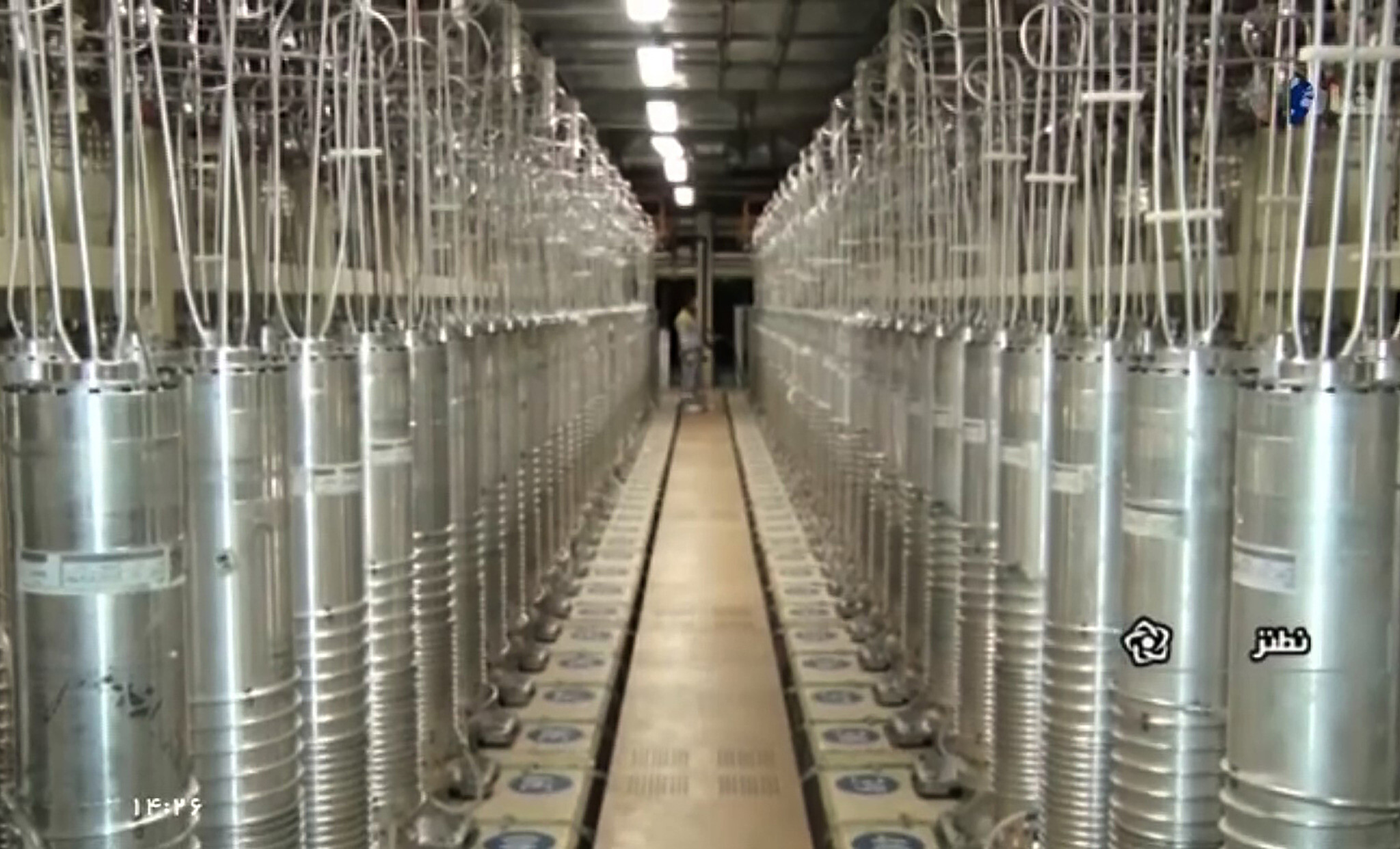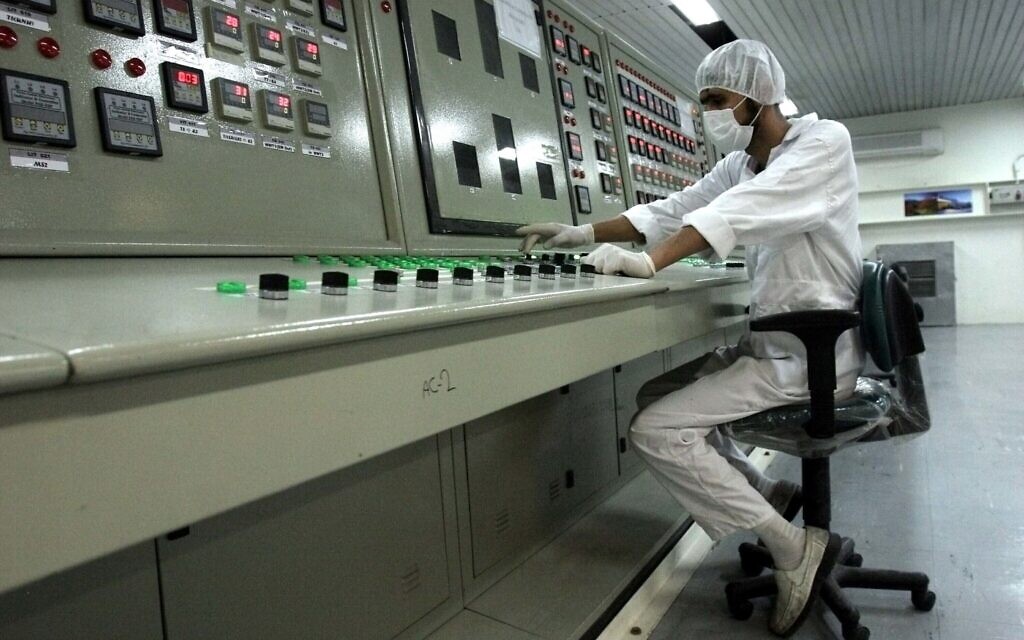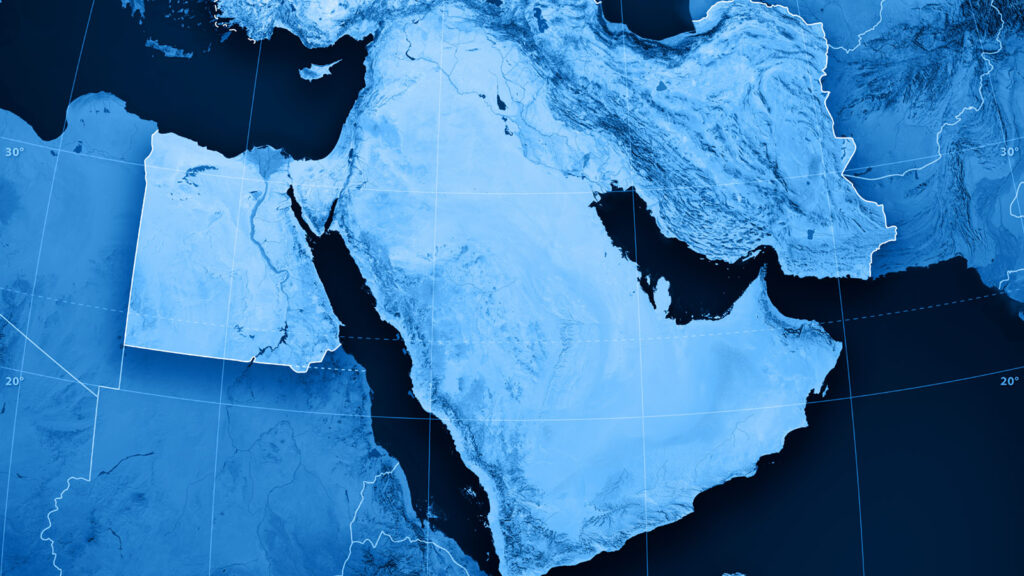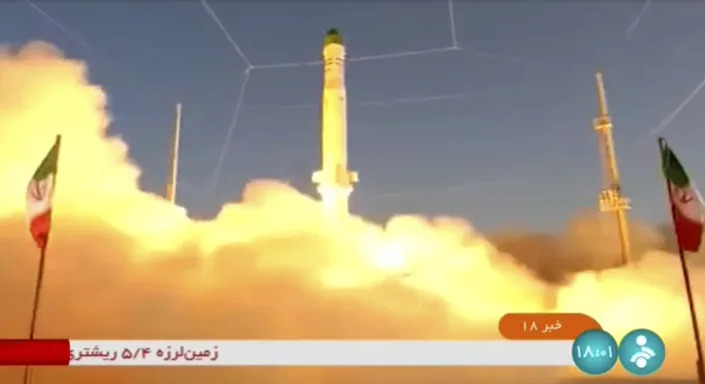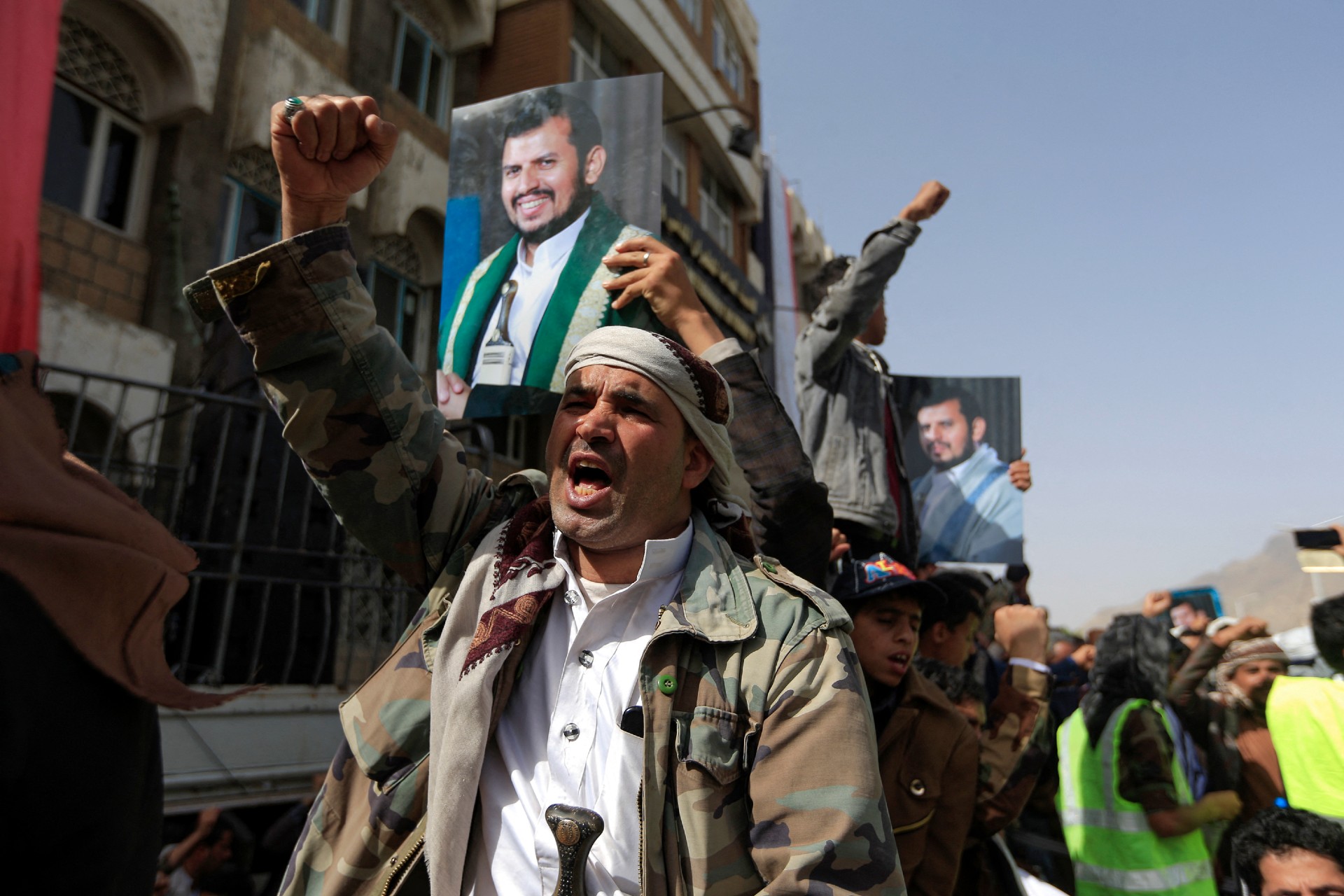The IDF drills for a devastating war on home soil and away
MILITARY AFFAIRS: Chariots of Fire brought the Israeli military to a new standard, as troops practiced responding to emergency events.
By
ANNA AHRONHEIM
Jerusalem Post
Published: JUNE 4, 2022 19:11
Updated: JUNE 4, 2022 21:08
It was a drill on a level that the IDF had never carried out before.
Thousands of troops, and hundreds of aircraft and navy vessels all trained together in going to war against Israel’s enemies, on all fronts and in all dimensions, including a strike in Iran.
Chariots of Fire brought the Israeli military to a new standard, as troops practiced responding to emergency events in multiple theaters simultaneously while under heavy rocket fire from all borders – especially from the North.
The Israeli army expects the home front to be bombarded with 1,500 rockets a day until the last day of the war. The attacks would wreck the country, with dozens of buildings and sites destroyed and hundreds killed and wounded.
IDF assessments state that while it is unlikely that Hezbollah will attack Israel in the near future, the northern border remains the most explosive, and both sides have warned that the next conflict between the two would be devastating.
Thousands of Lebanese civilians and Hezbollah operatives would also be killed or wounded in the war, and cities in south Lebanon, as well as the capital of Beirut, would be heavily bombarded by the Israeli military. The already heavily bombed Gaza Strip would also be heavily hit.
Many of Hezbollah’s capabilities and much of its infrastructure are intertwined with the civilian infrastructure of Lebanon. And though Israel refrained from striking Lebanese infrastructure during the Second Lebanon War, Israeli officials have warned repeatedly that the next war will cause unbelievable destruction to the country, as anything used by the terrorist group is a legitimate target.
Hezbollah has an estimated arsenal of 130,000-150,000 missiles and rockets, while Hamas and Palestinian Islamic Jihad and other terrorist groups in Gaza have an estimated 30,000 rockets, missiles and mortars.
With such a heavy arsenal aimed at the Israeli home front and strategic infrastructure, the military has to increase its ability to strike targets deep inside enemy territory in order to bring an end to the fighting as quickly as possible.
But the IDF hasn’t conducted a full and proper ground maneuver in enemy territory since troops entered Gaza in 2014 during Operation Protective Edge; and with many troops and officers never having experienced combat, the IDF has to train its forces for just that – aggressive maneuvering behind enemy lines.
A month-long drill
THE DURATION and intensity of Chariots of Fire gave the IDF a unique opportunity to simulate war on a scale that had not been practiced in recent years.
It saw the military strengthen cooperation between corps and introduce new technology and techniques into the battle for maximum operational effectiveness, which would allow ground forces to carry out their missions with power, lethality and speed that would crush the enemy.
During the first week of the drill, the IDF trained on increasing readiness on the northern front while strengthening the country’s defenses and dealing with challenges developing in the West Bank and Gaza.
The second week saw the military try to limit its campaign, similar to the rounds of violence along the Gaza border before it deteriorated into an all-out war. The IDF simulated transitioning from routine to emergency scenarios with challenges facing the home front during an outbreak of war, including evacuating civilians and hospitals from the front lines.
The third week saw the military wage a full-scale multi-front and multidimensional simulated war against Israel’s enemies – in the air, at sea, on land and in the cyber and spectrum spheres.
It included two large-scale division exercises of regular and reserve forces from the 162nd Division and troops from the 98th Division, in order to practice offensive maneuvers on the northern front as part of a broad campaign. Along with the offensive scenarios, troops also defended the home front from enemy attacks and dealt with heavy rioting by Israeli-Arabs in mixed cities and along main arteries.
The last week saw thousands of IDF troops and hundreds of IAF planes and navy vessels train in Cyprus, simulating a military campaign deep inside Lebanese territory against
Hezbollah.
The drill, dubbed Beyond the Horizon, was designed to test the readiness and capabilities of the Israeli military to handle a prolonged and intense military campaign far from its borders. The military deployed thousands of troops, reservists, aircraft and naval vessels and logistical equipment to the island nation in a way that it had never done before.
The exercise saw combat helicopters assist ground forces, perform emergency evacuations with IAF transport helicopters, direct and escort forces using visual intelligence, and facilitate the movement of logistics equipment through the heavy transport squadrons.
The navy also had dozens of ships participate in the drill in Cyprus, transporting soldiers and logistical equipment from Israel. It also carried out fire support for ground forces and simulated medical evacuations by sea of wounded soldiers.
With the understanding that, during war, commanders might not have any communication to the Kirya military headquarters in Tel Aviv, part of the challenge of troops in Cyprus was the operational effectiveness of communication between forces, as well as with the troops behind enemy lines.
The IDF is in the midst of a digital transformation as part of Chief of Staff Lt.-Gen. Aviv Kohavi’s Momentum Plan. The ability of all corps to speak the same language on a shared platform, using the military’s internal internet, in terms of target acquirement and striking, was a major aspect of the drill in Cyprus.
The newly established Sufa teams, placed within every combat infantry brigade, joined the ground forces on the battlefield to provide fire support and coordination during the drill.
The five-person team includes a commander, an Artillery Corps officer responsible for ground fire, a Sufa officer who manages air fire, and three additional soldiers from the brigade. The Sufa officer acts as the man on the ground who provides air support in an accurate and effective manner, while the Artillery Corps officer provides accurate firepower from the ground forces.
Hundreds of IAF aircraft also simulated striking targets far from Israel’s borders, including in Iran.
Israel has significantly increased its readiness level and has taken steps throughout the past year to prepare a credible military option against Iran’s nuclear facilities.
The IDF is seriously planning several military options against Iran should the nuclear talks between the West and the Islamic Republic fail, and one of them was drilled during the exercise.
The Israeli military believes that the alliance with countries in the Eastern Mediterranean, such as Cyprus and neighboring Greece, gives Israel a strategic balance and helps to maintain stability against the threat posed by Iran and its proxies in the Middle East, including in Lebanon, Syria, Iraq and Yemen.
Military cooperation between Israel and Cyprus has expanded in recent years and is viewed as a key component in maintaining the IDF’s operational readiness.
During a visit to the drill, Defense Minister Benny Gantz thanked Cyprus for hosting the IDF, saying that it “illustrates the depth of the strategic alliance between the two countries.” Kohavi also thanked the Cypriot forces while visiting on Tuesday.
CHARIOTS OF Fire was originally set to take place last May but was postponed due to the outbreak of Operation Guardian of the Walls. Instead of being disappointed that the drill had to be temporarily shelved, the military decided to implement all the lessons it learned from the operation, along with those learned from the war in Ukraine.
The goal was to improve the readiness of the entire military and examine the ability of troops to carry out a powerful and prolonged campaign against enemy forces. The drill also examined logistics and firepower issues that could face troops in a war.
The Israeli military has faced logistics problems during several wars, including during the Second Lebanon War in 2006, when the military had difficulty getting supplies to troops on the ground. During the 2012 Operation Pillar of Defense against terrorist groups in the Gaza Strip, reservists and troops complained of food shortages.
The IDF has also learned from the chaos surrounding issues with logistics that allowed Ukraine’s military to destroy thousands of Russian tanks and platforms.
In the event of a multi-front, full-scale war that will see ground maneuvering in the North and the South, the IDF would need to flood highways across the country with convoys of armored vehicles, tanks and more.
The IDF’s Logistics Corps played a key role during the month, drilling several scenarios with troops from the various logistics units, police, medical personnel and engineering forces.
It also practiced avoiding issues such as heavy traffic and rocket strikes by constructing bypass roads for transporters and other platforms.
During the 11-day fighting last year, there was heavy rioting in those areas as well as in mixed Israeli-Arab cities such as Lod and Jaffa. Two people were killed and several civilians were injured.
As part of the drill, the military had forces practice dealing with scenarios where they had to protect military convoys from even heavier rioting: two times the level of violence seen last year. The IDF wants to be able to send troops before violence breaks out, and not in response to the violence.
It also aimed to improve the cooperation between itself and various government ministries and security organizations, as well as civilian bodies’ abilities to transition from routine to a full emergency scenario.
A “cabinet” – made up of former military officers in reserve, including Maj.-Gen. (res.) Yaakov Amidror and Maj.-Gen. (res.) Gershon Hacohen – was also established to simulate the political echelon, which would be an active partner in the decision-making process. Gantz and Prime Minister Naftali Bennett visited the drill several times over the course of the month.
ALONGSIDE THE massive exercise, the military continued with its operation – known as Break the Wave – to thwart terrorist attacks in the country. While some of the troops had originally been set to take part in Chariots of Fire, the military stressed that operational activity is a top priority.
Thousands of IDF troops have been deployed to the West Bank and Seam Line in order to thwart terrorist attacks against Israelis, and arrest raids took place in the West Bank on a nightly basis, with troops arresting dozens of Palestinian suspected to be involved in terrorism.
The IDF drills for a devastating war on home soil and away - Israel News - The Jerusalem Post (jpost.com)
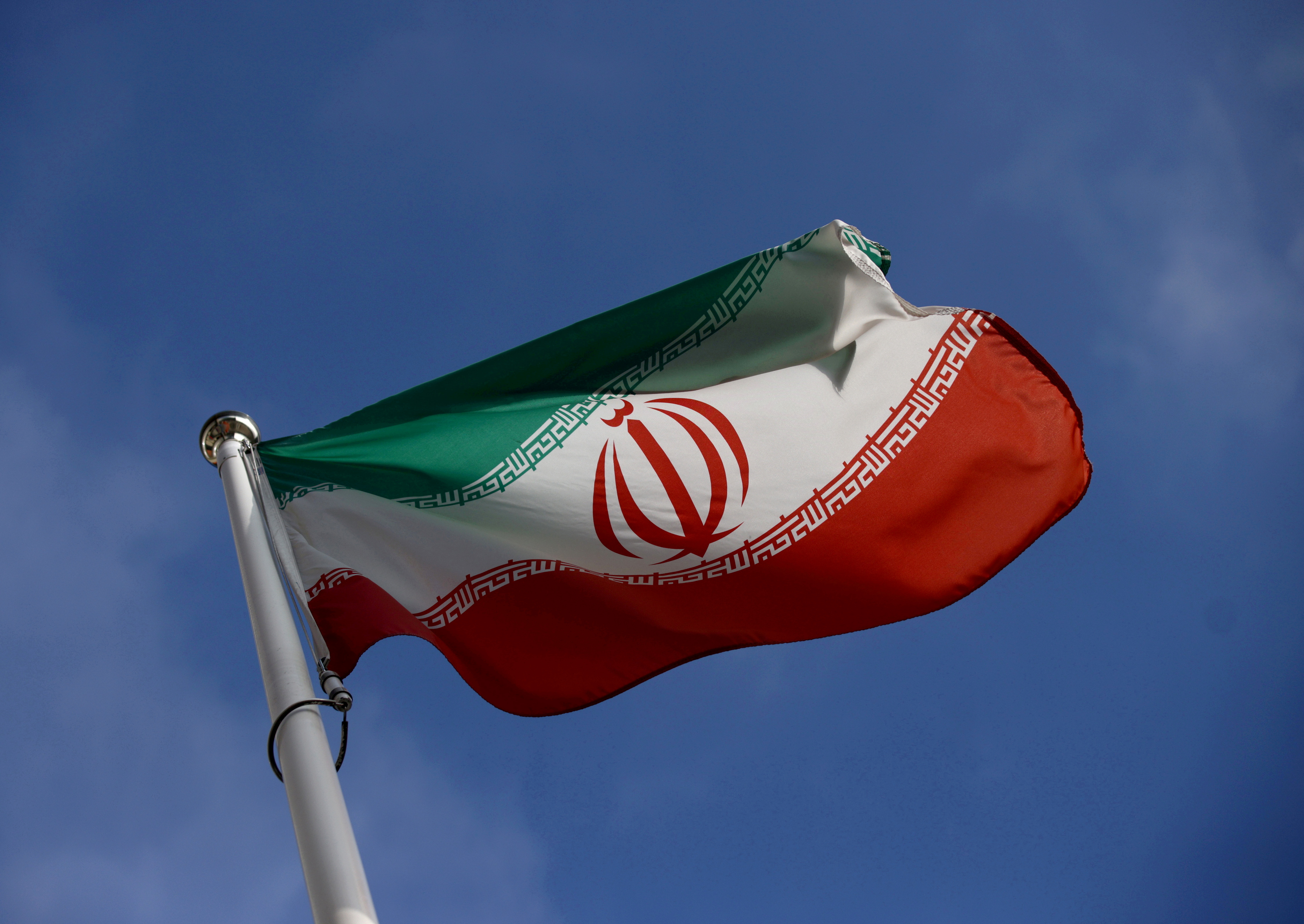
/cloudfront-us-east-2.images.arcpublishing.com/reuters/FKYQ4YR4VFIMZEI6J7LSDNAPNY.jpg)
 www.reuters.com
www.reuters.com

/cloudfront-us-east-2.images.arcpublishing.com/reuters/FKYQ4YR4VFIMZEI6J7LSDNAPNY.jpg)



